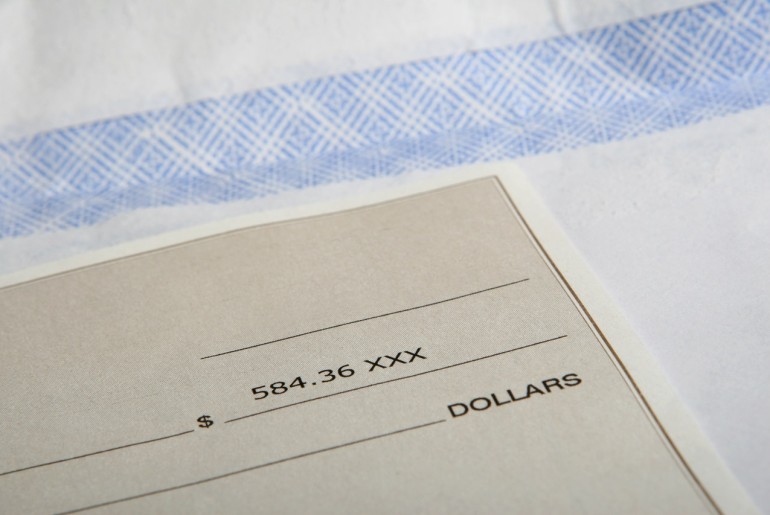Overdraft fees are common charges that many of us experience without ever realising it. If you place a transaction when your account reaches zero, your bank will either decline the transaction or charge a fee to make the transaction successful. These charges are called overdraft fees and they can easily add up to huge credits that you’ll have to pay back. Here’s how to avoid them:
1. Keep your transaction register up to date
It very easy for you to lose track of your transactions and your bank balances, especially with all the automated billings like insurance, internet service, apps and so on. Recording your transactions in register can help you monitor of your balances and the transactions you can afford.
2. Set up online banking alerts
One brilliant way to avoid unnecessary unplanned bank overdraft is setting up online banking alerts. These days, it’s as simple as having an app notify you when you are charged for anything.
3. Keep an eye on your account balance
Request bank statements regularly from to enable you monitor your account balances. This way, you get to spend within your limits.
4. Speak to the bank about increasing your overdraft
You can request an increase of your overdraft period, so you won’t be able to make too many overdraft transactions within the estimated period.
5. Ask the bank to waive the fee
You can actually ask the bank to waive the fee, especially if it is your first overdraft. It typically takes a few business days for the fees to be waived.
6. Keep reading your bank’s letters
Read through your banks newsletters as often as you can. That’s how you get to know about any new overdraft policy, so you won’t incur new charges you are not aware of.
7. Use savings if you have some
Why incur additional charges for a transaction when you can complete the same from your savings? Instead of incurring charges, complete your transactions with your savings if you have any.
8. Find ways to live on a budget
Cut your coat according to your size. Creating a good budget will help you spend within your limits.
9. Switch banks – Switch to an overdraft-friendly bank account
Some banks are more fee-friendly than others. Look around for banks that charge little or no overdraft fees and switch if yours are charging exorbitant fees.
10. Repay your highest-rate debts first
Debts are tricky. The longer you owe, the more you’ll have to pay back. As a general rule to paying off your debts, start by settling debts with higher rates as they incur more interest over time.
11. Avoid the risk with a no-overdraft account
It is easy to opt-in to overdraft without realising it. To avoid this risk, sign up for a no-overdraft account.
12. Get 0% respite if you’ve poor credit
Credit mistakes are easy to make. Having a poor credit history can easily prevent your access to funds from credit companies.











Comments are closed.